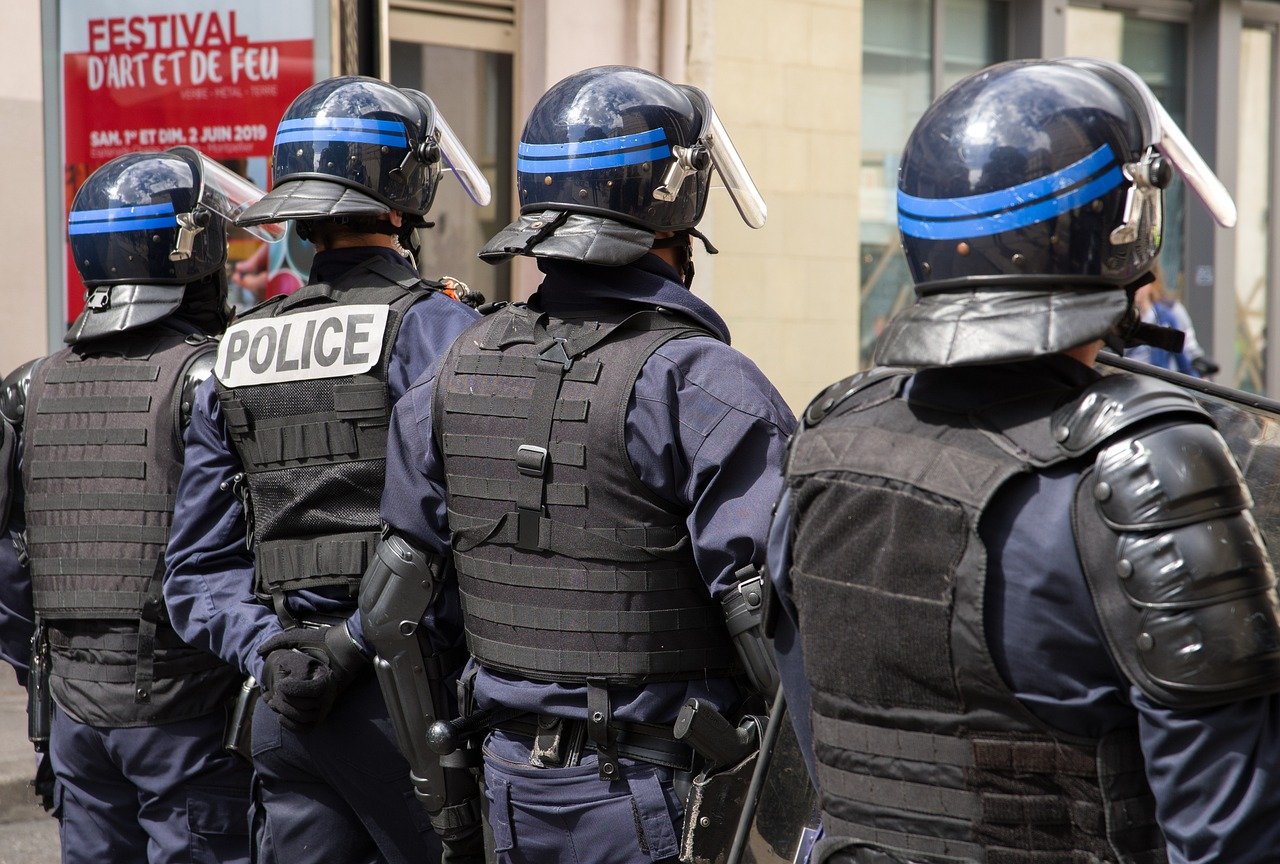- The surge in violence in Strasbourg, France, has raised security concerns, particularly with the upcoming Olympic Games and Christmas market.
- A Chechen refugee, Khaled, was restricted under a 2017 anti-terror law, despite having no criminal record.
- The use of these measures, known as MICAS orders, has been criticized by lawyers and human rights activists.
- The case of Khaled highlights the tension between security measures and individual rights, raising questions about the balance between security and civil liberties.
The recent surge in violence in the northeastern city of Strasbourg, France, has raised concerns about the country’s security measures. These concerns are particularly relevant in the context of the summer Olympic Games and the famed Christmas market. A Chechen refugee, known as Khaled, found himself at the center of this security operation. Identified as a potential threat due to his interactions with individuals labeled as ‘pro-Jihadist,’ Khaled was prohibited from leaving Strasbourg and required to check in with the police daily.
Despite having no criminal record and not being under investigation for any crime, Khaled’s movements were strictly limited by the French Interior Ministry under a 2017 anti-terror law. This law, known by the French acronym MICAS, allows for the imposition of individual measures of administrative control and surveillance on individuals deemed a serious security threat.
The use of MICAS orders has been criticized by lawyers and human rights activists, particularly in light of the recent car-ramming attack at a Christmas market in the German city of Magdeburg. This attack has prompted renewed scrutiny of security arrangements for seasonal markets across Europe, which typically draw large crowds.
The MICAS Orders and Their Impact
In the lead-up to the Paris Olympics, at least 547 people were placed under MICAS orders, including Khaled. This has raised concerns that the wider use of these measures could become the norm for other major public events.
The situation escalated when the Ministry of Interior extended the order in late August to protect the Strasbourg Christmas market, which was the target of a deadly attack in 2018. Khaled appealed to the city’s administrative court, arguing that the measures were disproportionate. The court agreed, lifting some of the restrictions but maintaining the prohibition on attending the Christmas market.
However, the ruling came too late for Khaled to enroll in a cybersecurity course at a local college. Speaking to Reuters, Khaled expressed his frustration, stating, I lost my place. This year has gone to waste. He also expressed concern that his academic and career aspirations would be derailed if it became known he was being monitored by the police.
Historical Context and Future Implications
The case of Khaled and others like him highlights the tension between security measures and individual rights in the face of potential threats. While the need for security, particularly during high-profile events like the Olympics and Christmas markets, is undeniable, the broad use of powers like MICAS orders raises questions about the balance between security and civil liberties.
In the past, similar tensions have arisen in various contexts. For instance, during the Cold War, many Western democracies implemented strict security measures to counter perceived threats from communist groups. These measures often involved surveillance and restrictions on individuals associated with such groups, leading to debates about civil liberties.
In the post-9/11 era, many countries, including the United States and the United Kingdom, implemented far-reaching anti-terrorism laws that have been criticized for infringing on individual rights. These laws often involve increased surveillance and restrictions on individuals deemed to be potential threats, similar to the MICAS orders in France.
The challenge for governments is to strike a balance between ensuring security and upholding individual rights. This is not an easy task, particularly in the face of evolving threats. However, cases like Khaled’s serve as a reminder of the importance of maintaining this balance and ensuring that security measures are proportionate and respect individual rights.

